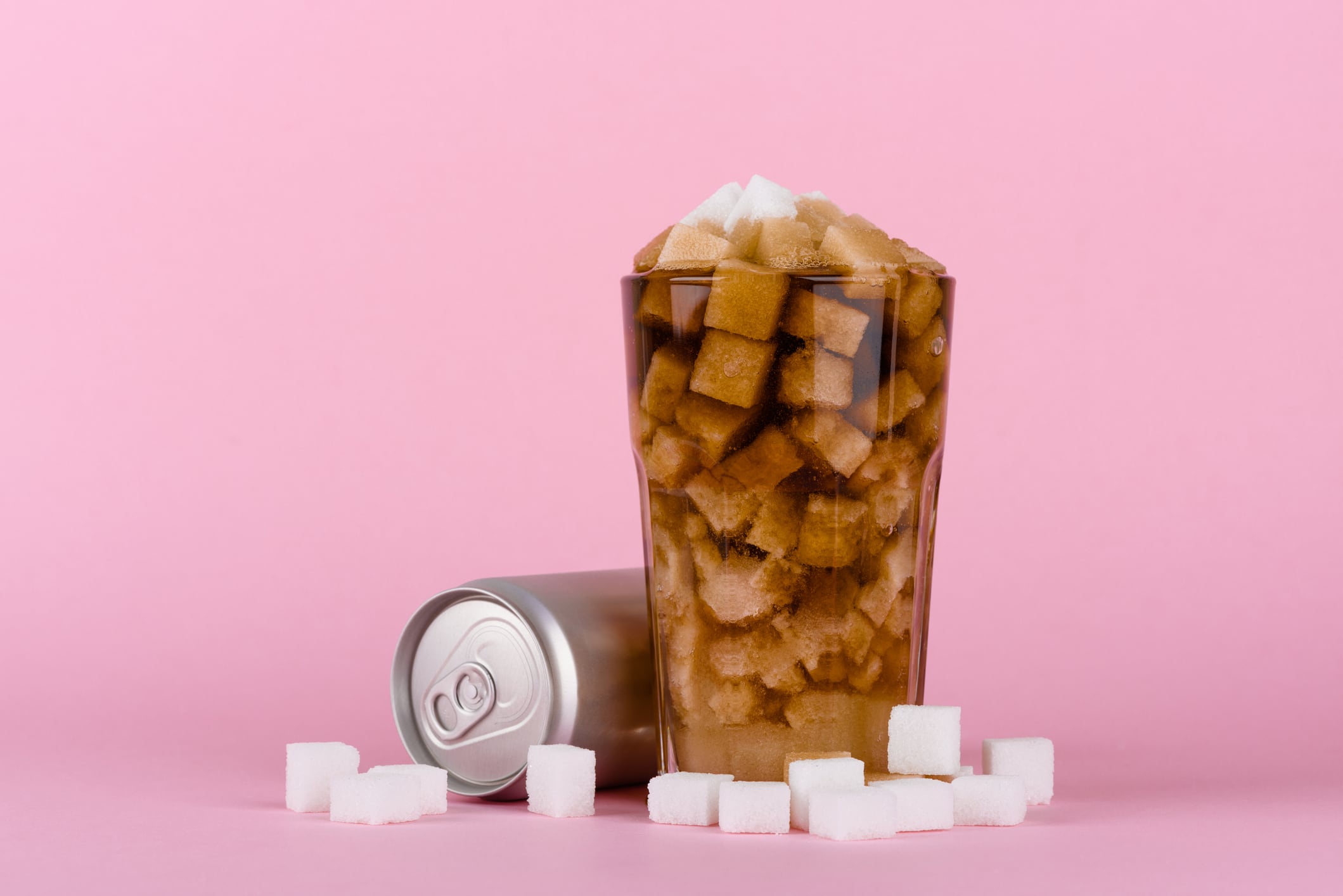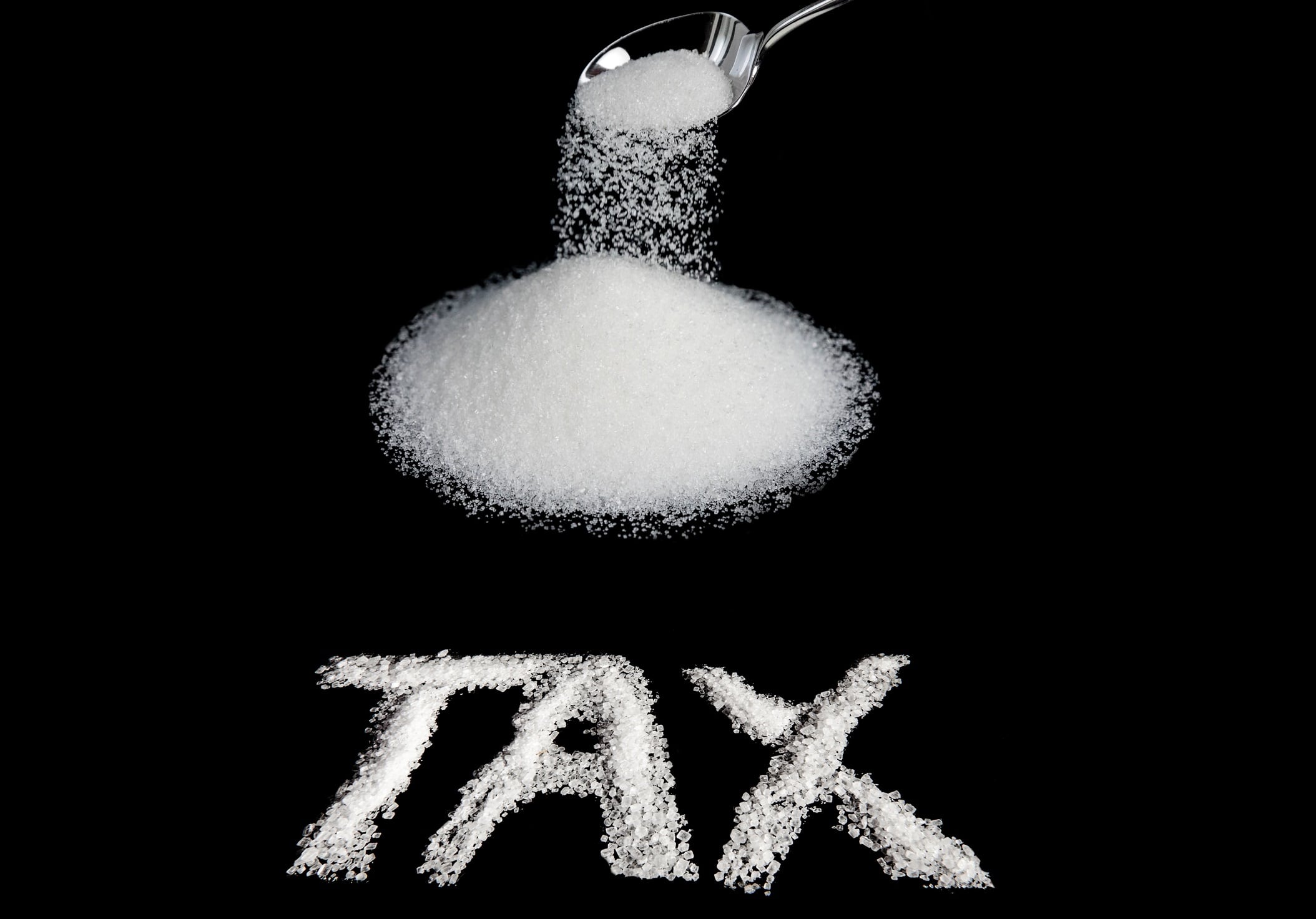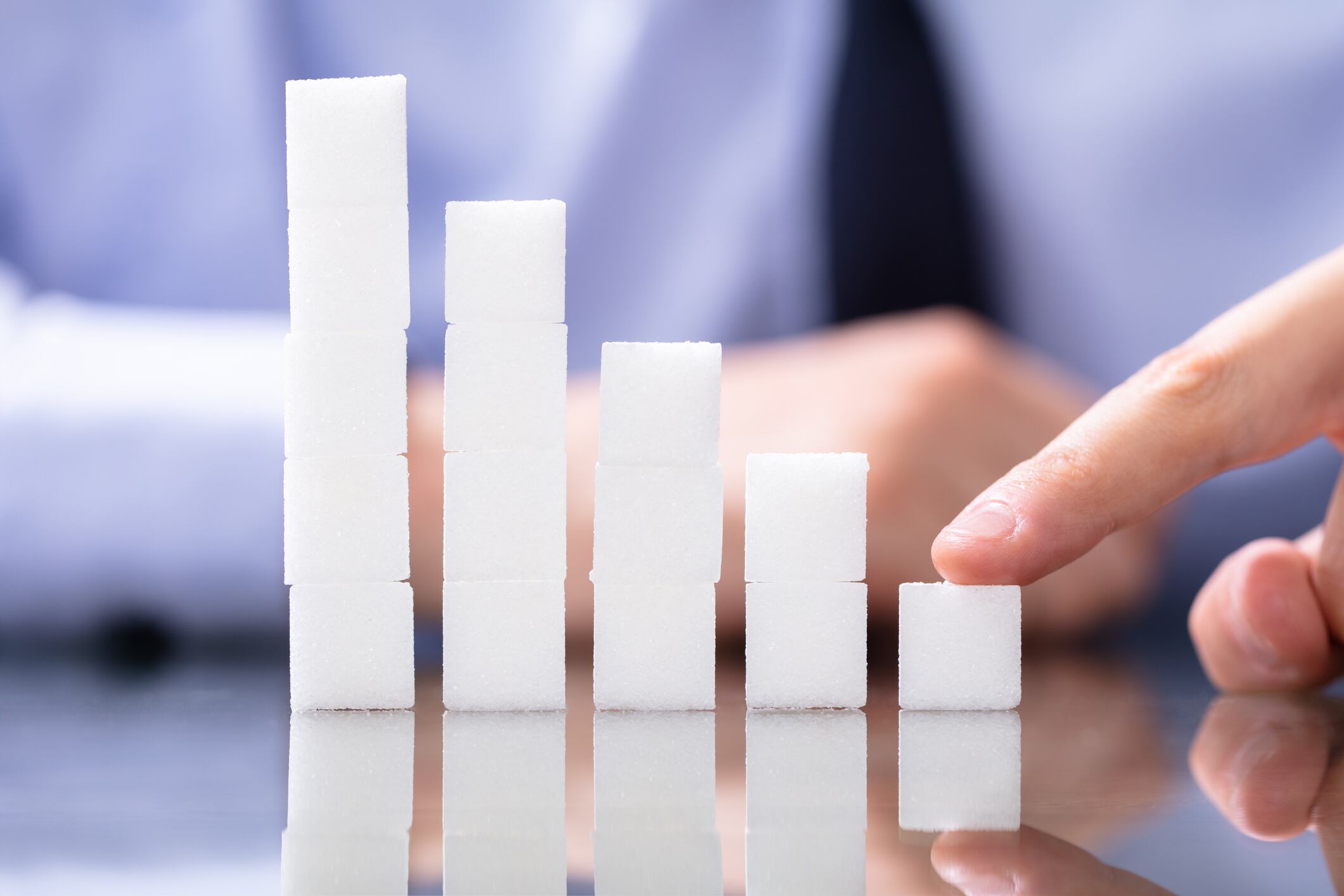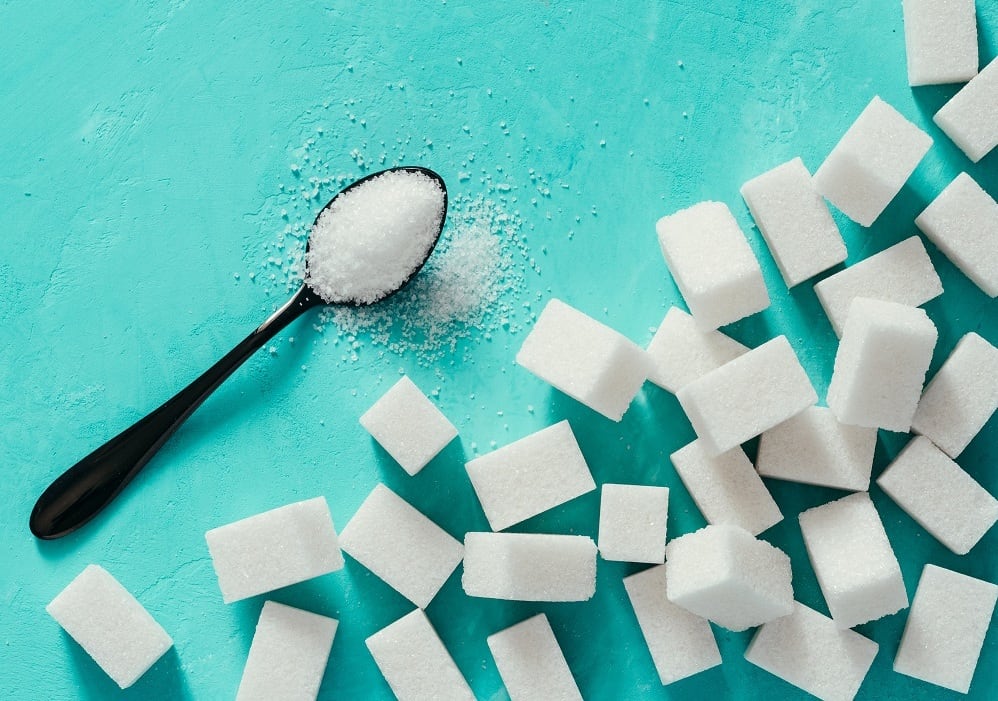The country is a long way behind other countries in Southeast Asia in considering or introducing a sugar tax, at a time when obesity and diabetes rates are on a steady rise.
Its government’s proposal to levy excise taxes of IDR1,500-$2,500 (US$0.11-$0.18) per litre on sugar-sweetened beverages follows Thailand’s move to subject carbonated soft drinks to a 20-25% tax rate last October.
Elsewhere, Laos and Cambodia both tax sugary beverages at 5-10% and 10% respectively. In Singapore last year, drinks manufacturers were told to expect an outright ban on advertising beverages that are high in sugar, along with front-of-pack warning labels as part of the government’s war on diabetes. This will make the city-state an outlier in sugar control, though the specifics have not yet been revealed.
Polluting vehicles; plastic waste... and sugar
In Indonesia, finance minister Mulyani Indrawati decided to include the sugar tax proposal as part of a wider one that will also impose environmental tariffs on polluting vehicles and plastic waste.
It speaks volumes for a country with a strong awareness of health but low concern for it that the beverage policy was cloaked within the more headline-grabbing announcements last week.
According to a recent report by Food Industry Asia, a Singapore-based industry group, 99% of Indonesian consumers would prefer healthier options, just as long as long as they taste exactly the same as they did before.
Notoriously sweet-toothed Indonesia, itself a major sugar producer, is also the world’s biggest raw sugar importer, with shipments this year expected to reach record levels.
The rates of diabetes and obesity have both almost doubled from 2007 to 2018, according to government figures. Now 2% of Indonesians aged 15 and over suffer from diabetes, while the number of obese adults has risen to 21.8%.
The market for soft and energy drinks has been seeing rapid growth, with sales expected to have reached US$12.9bn last year. Average consumption stands at 39 litres per person annually, and has been growing at around 8-10% in recent years.
Indrawati’s proposal is to levy the lower rate of excise tax on bottled tea drinks with lower sugar content, and the higher rate on concentrated coffee, carbonated soft drinks and energy drinks.
However, the policy does not apply to some categories of product, such as those for export and vegetable juices with added sugar.
She has not said when the government plans to begin collecting the excise taxes.
The Ministry of Industry says it first intends to analyze the impact of the new taxes on the Indonesian beverage industry.
The ministry’s acting director of beverages, tobacco and refreshments, Supriadi, said it has been carrying out a quantitative impact analysis with input from industry associations and industry players.
“What is certain, qualitatively, is that the rise in taxes will lead to a decline in demand as prices rise,” Supriadi said, as quoted by Antara, Indonesia’s national news agency.
He also acknowledged that production would fall, which would affect growth in the beverage industry.
Beverages only account for 6.5% of calories consumed, says industry association
The local beverage industry has pushed back strongly against the plans.
Adhi S Lukman, chairman of the Indonesian Food & Beverage Association, took the view that the proposal would jack up prices and hurt people's purchasing power.
"Basically, there is no data that shows applying excise will reduce the risk of non-communicable diseases and obesity, if that's the intention," he told Reuters.
He also said the new levy would discourage investment in the Indonesian sugary drinks industry and steer the money into neighbouring countries like Singapore or Malaysia.
“In the end, we’ll only become a market. Indonesia will no longer be attractive as a production base,” he said. His group intends to lobby against the measure.
Soft Drinks Industry Association chairman Triyono Prijosoesilo attacked the health need for the policy, claiming sweetened drinks consumption is still relatively low in Indonesia, and suggested the beverages only account for 6.5% of all calories consumed by residents of big cities.
Triyono went as far as to say the proposed tax would eventually lead to 120,000 drinks industry layoffs.
Unabashed at setting out the motivation for the tax as health and revenue in equal parts, the Indonesian treasury believes the new taxes could raise revenue of up to INR6.25 trillion (US$450m).
A study by the University of Queensland, which looked at the impact of a sugar tax on Indonesia’s tax model, has gone much further.
As well as predicting the tax would raise US$920m in the first year, and US$27.3 billion over 25 years, it found that over 25 years the tax paid by the poorest 20% of Indonesians would be US$0.5bn, and US$15.1bn for the richest 20%.
With an economy that slowed to its most sedate pace in three years, and disappointing company results and falling exports, authorities reported low levels of tax collection and a US$15bn hole in 2019.
Alongside the sugar tax proposal were ones to impose duties on new vehicles that emit carbon dioxide, and taxes on plastic bags, as part of efforts to control pollution.
A subsequent hearing by parliament’s finance commission last week moved the drinks and vehicles levy proposals a step closer to law. The duty on plastic bags has been returned to the government for amendments.




